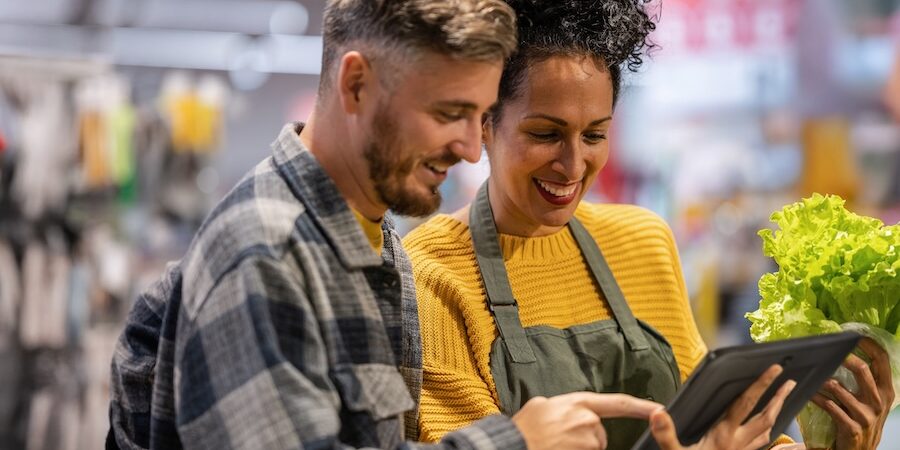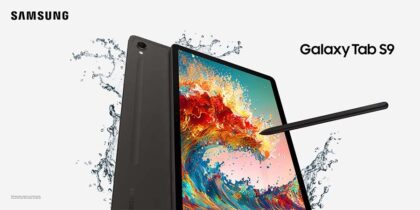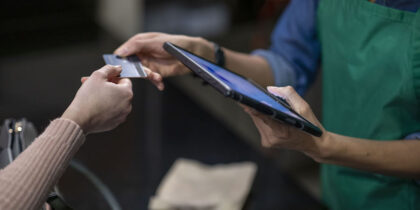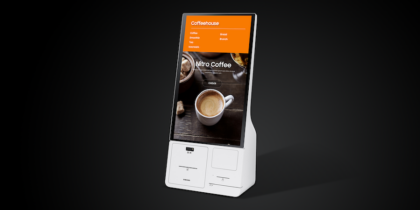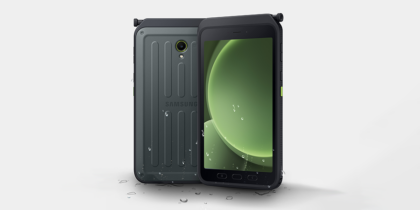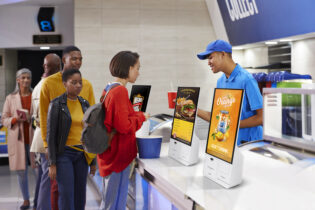Two decades ago, self-checkout promised to revolutionize retail. Fast-forward to today, and that promise remains unfulfilled: Lines still stretch; Machines still freeze; And when something goes wrong—whether it’s a misread barcode or a price mismatch—customers must flag down associates.
Self-checkout was meant to cut labor costs. However, those savings often vanish the moment that shrink (i.e., inventory loss due to theft, fraud or error) enters the equation. Industry reports show that shrink accounted for $112 billion in industry losses in 2022, up from $93.9 billion in 2021.
When every customer is their own cashier, the margin for error widens. And with one associate often monitoring four or more kiosks, the benefits are hard to quantify. It’s a system dragged down by friction, raising a bigger question: Is it time to rethink the checkout experience?
The short answer: Not entirely. Instead, retailers are embracing a smarter, hybrid model that optimizes self-checkout while integrating new tools like mobile POS. This empowers associates to resolve issues and serve customers anywhere, delivering personal experiences that complement self-service and unlock team potential.
Outdated tools and disconnected systems
The problem isn’t solely with self-checkout hardware; it’s a broader issue of fragmentation across many checkout systems.
Whether it’s self-checkout, traditional cash wraps, or even mobile POS, if these systems operate in silos, they miss critical opportunities. In most cases, checkout systems are rarely integrated with loyalty programs, inventory databases or CRM platforms. That means no real-time product updates, no targeted promotions at the point of sale (POS) and no insight into shopper behavior during the most critical part of the journey.
In a world where personalization drives repeat business, that lack of connection is a missed opportunity. In fact, 71% of consumers say they expect personalized interactions and 76% get frustrated when they don’t receive them.
When checkout systems connect with the wider retail ecosystem, they create a seamless experience for both customers and associates. This translates to real-time insights, instant reward redemption, and tailored offers for each shopper.
Making checkout a memorable moment
When that final interaction feels slow, impersonal or error-prone, it leaves an impression. And in an age where customers expect seamlessness across every channel, even small checkout pain points can carry lasting consequences.
Some retailers are transcending the idea of checkout as a transaction and are instead embracing it as a crucial touchpoint—one that builds loyalty in lieu of eroding it. These retailers understand that they need a solution that can move as fast as their customers. That means adopting systems that are flexible enough to adapt to different shopping styles, smart enough to sync with their data and secure enough to reduce shrink without slowing down the checkout experience.
Many leading retailers are now adopting a hybrid approach to support this vision. They are optimizing self-checkout for smaller basket sizes (e.g., limiting items at self-checkout and assigning dedicated staff to monitor compliance) while simultaneously empowering associates with mobile POS (mPOS) tools. This allows associates to meet customers where they are, integrating checkout as part of the overall journey. Shoppers can check out on the floor, avoid long lines, and receive hands-on service, often at the “point of decision” where they are most engaged with a product.
This hybrid model also addresses the need for traditional cash wraps, which won’t disappear entirely as they cater to customers who still pay with cash or checks. However, their footprint can shrink, freeing up valuable store real estate for merchandise or enhanced customer experiences.
Still, if mobile tools aren’t fully integrated into the retail ecosystem, organizations run the risk of creating new silos rather than bridging or eliminating old ones. After all, associates might be able to check out customers but lack access to inventory or product availability in real time or struggle to apply digital coupons and loyalty rewards on the spot.
More than mobility: Creating seamless experiences
Retailers have to do more than add mobility: They need integrated intelligence that connects every part of the retail ecosystem. This requires a forward-looking approach. By investing in mobility devices today that can support stronger productivity tools, such as AI, in the future, retailers can empower every employee to help every customer no matter where they are.
When associates are equipped with untethered, integrated devices, they can cross-train on different roles and drive more productivity. A single associate can check out customers as well as locate products, manage returns, and answer questions, allowing retailers to future-proof against labor shortages and wage inflation—all while creating seamless, connected experiences for customers.
Put simply, retail’s future won’t be won by doubling down on outdated self-checkout tech or by adding mobile solutions in isolation. It will be shaped by rethinking what checkout can be: a moment of connection, a driver of loyalty and a source of insight.
Retailers who embrace an integrated, hybrid ecosystem—complete with optimized self-checkout, mobile POS, and efficient traditional lanes—will not only cut costs, but they’ll ultimately create a better experience for customers and employees alike.
Learn how Samsung solutions help retailers reimagine the checkout experience. Contact your account manager or request to speak to an industry expert.
